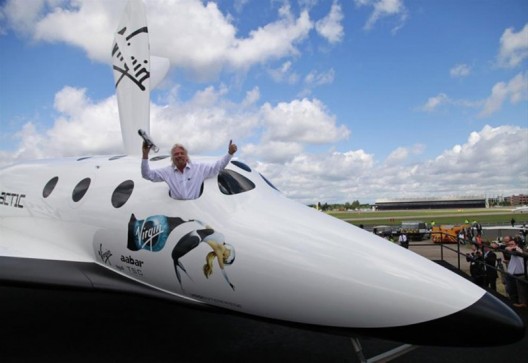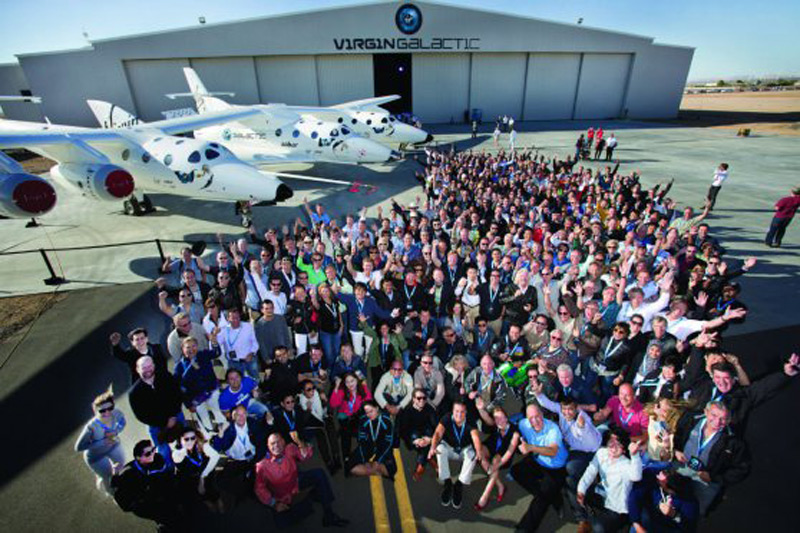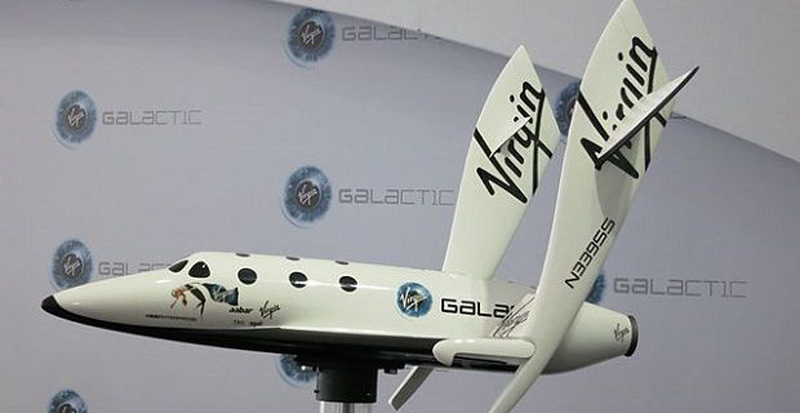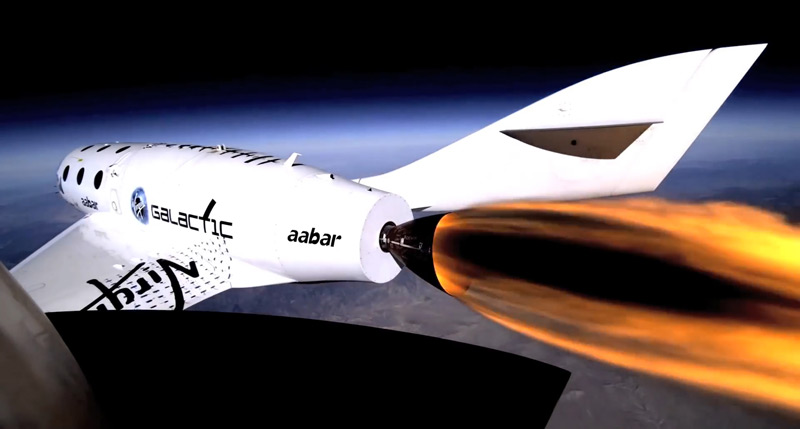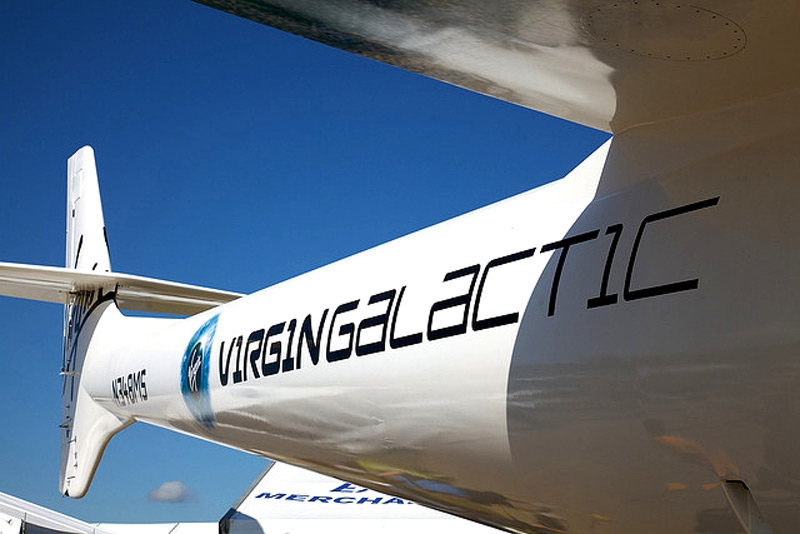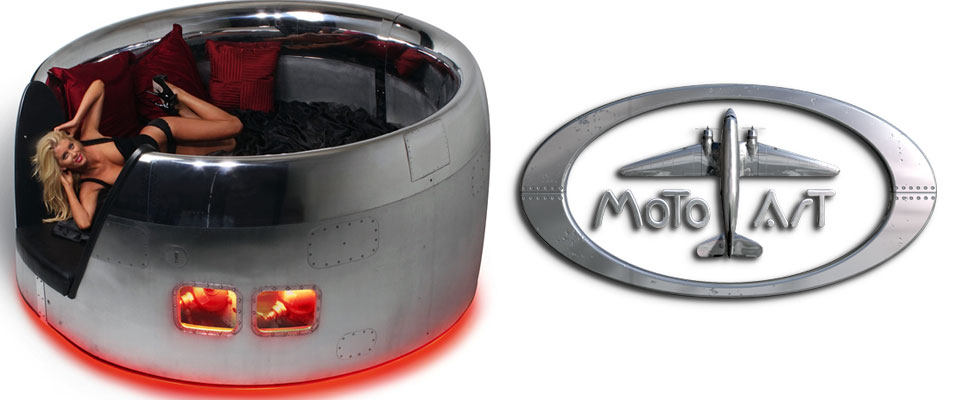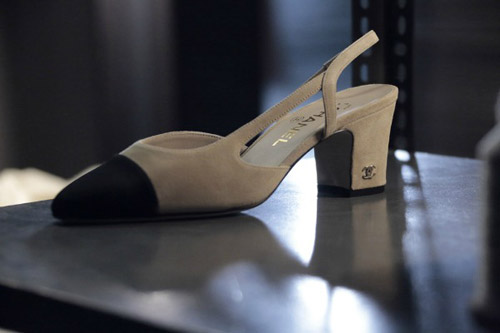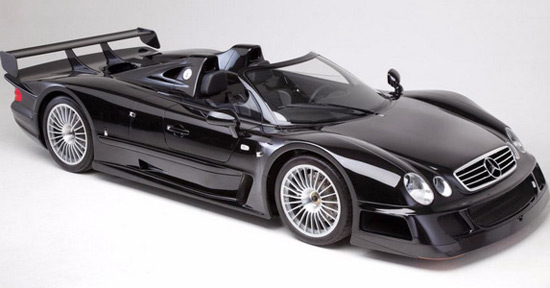Sir Richard Branson, the business tycoon behind the Virgin conglomerate has announced on its website that, his commercial ride into space will accept bitcoins as a payment. He called it “a new exciting currency.” Earlier, he also revealed that one passenger, known only to be a flight attendant from Hawaii, already became the world’s first Bitcoin paying astronaut and stated that he expects “many more to follow in her footsteps.” It was transferred into actual dollars so there’s a fixed price, he added, and “we can actually pay her the money back if she changes her mind about going to space in a few months.”
Future Virgin Galactic’s travel to space will cost you $250,000 each, or you can pay it with digital money – about 322 bitcoins, based on a rate of $775 each.
Branson became an early investor in bitcoin himself saying that he found it “fascinating how a whole new global currency has been created.” Here is how it works: Bitcoin has been called a cryptocurrency because it is decentralized and uses cryptography to control transactions and prevent double-spending, a problem for digital currencies. Once validated, every individual transaction is permanently recorded in a public ledger known as the blockchain. Payment processing is done by a network of private computers often specially tailored to this task. The operators of these computers, known as “miners”, are rewarded with transaction fees and newly minted Bitcoins.
Bitcoins are stored by associating them with addresses called “wallets”. Wallets can be stored on web services, on local hardware like PCs and mobile devices, or on paper print-outs. Thefts of bitcoins from web services and online wallets have been covered in the media, prompting assertions that the safest way to store bitcoins is in secure paper wallets.

